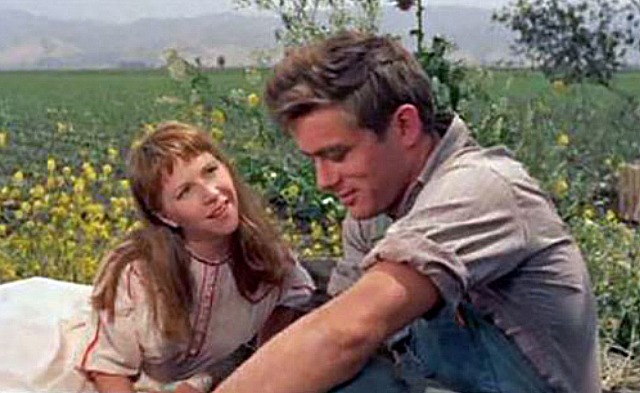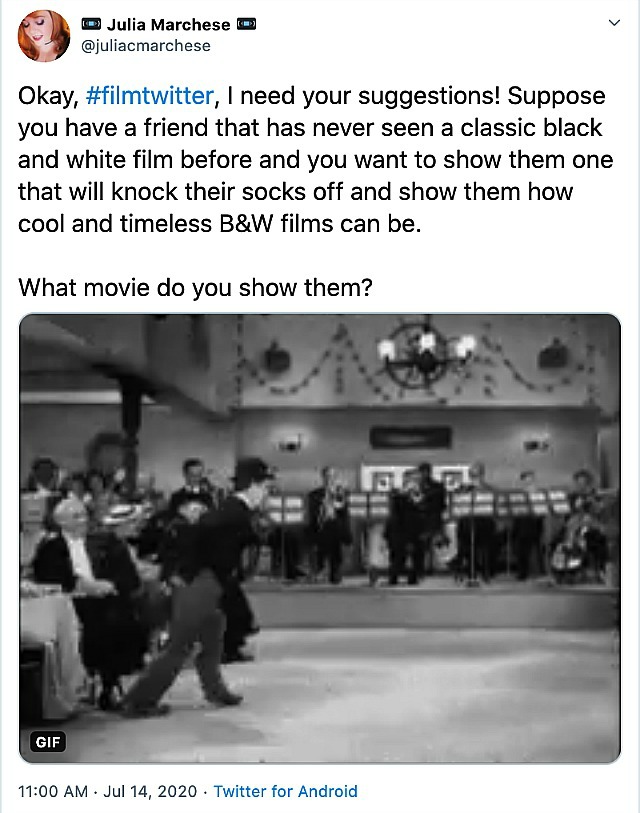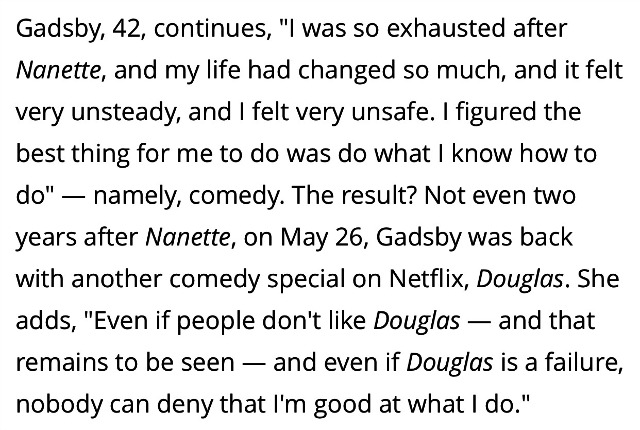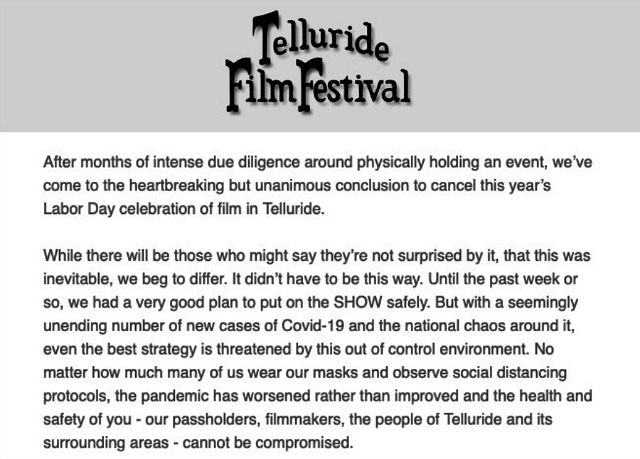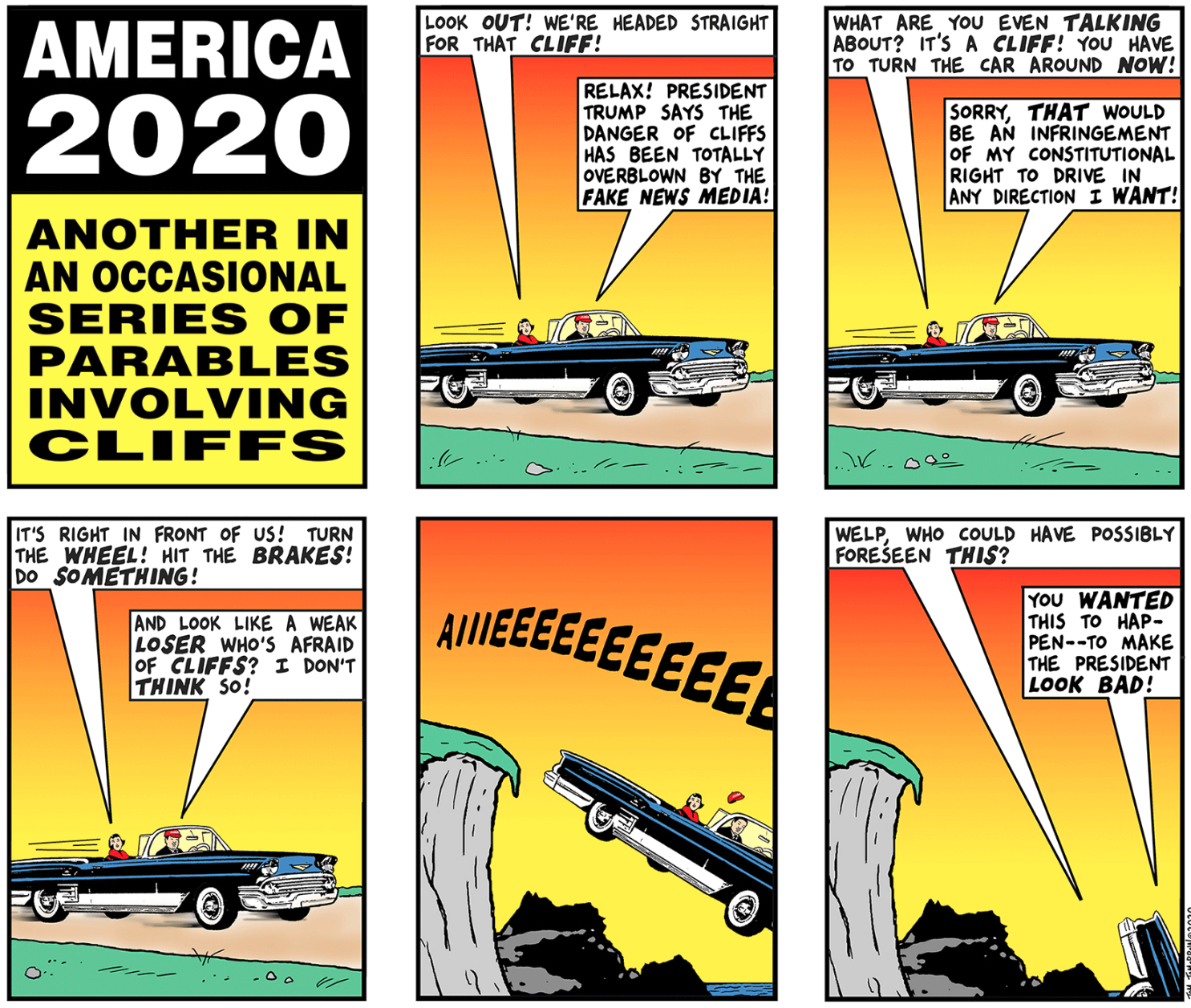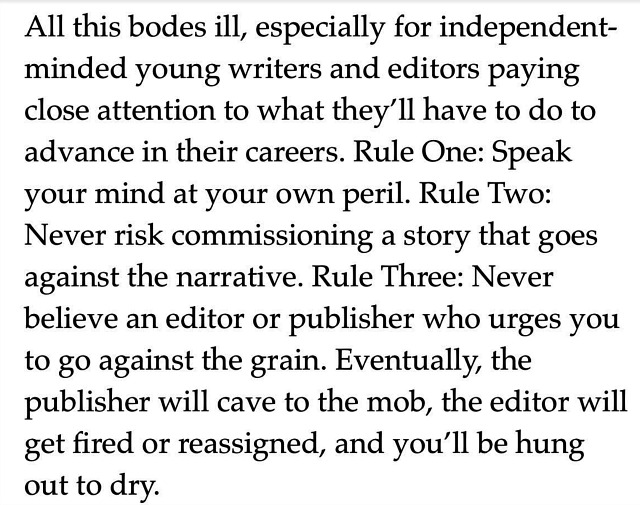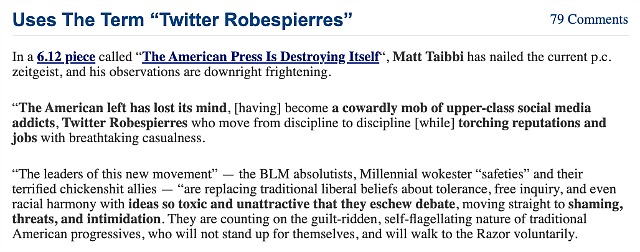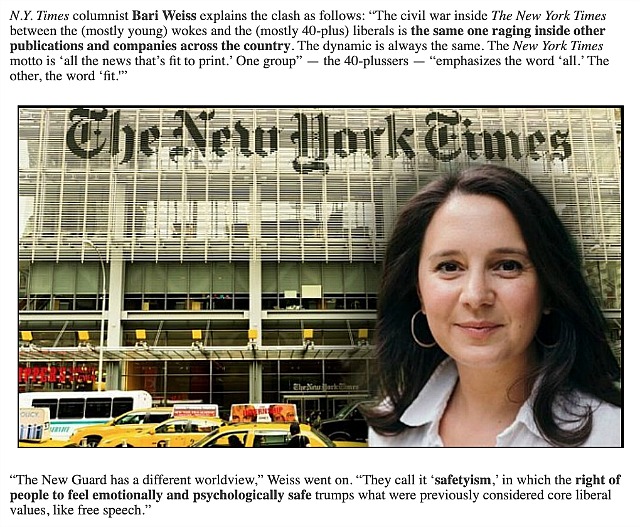Late yesterday Paul Schrader (The Card Counter, First Reformed) ranted against an imagined (or real?) Elia Kazan cancel culture campaign. But even in his defense of the legendary helmer of East of Eden, On The Waterfront, Wild River, Via Zapata and A Streetcar Named Desire, Schrader passed along a misunderstanding that needs clarifying.

I’ve always understood (partly based on a 2005 Kazan bio by Richard Schickel) that Kazan didn’t “name” names but confirmed them. Specifically, according to Janet Maslin‘s 11.14.05 review of Schickel’s book, Kazan “gave names that were already known to the committee, [and] two individuals [who] were dead anyway.”
Some may argue that “confirming” and “naming” belong in the same ignoble bin, but the difference is worth noting
Amy Ferris‘s reply to Schrader is wonderful. It not only captured the Kazan contradictions but the contradictions that apply to just about every creative person on the planet — past, present and future.
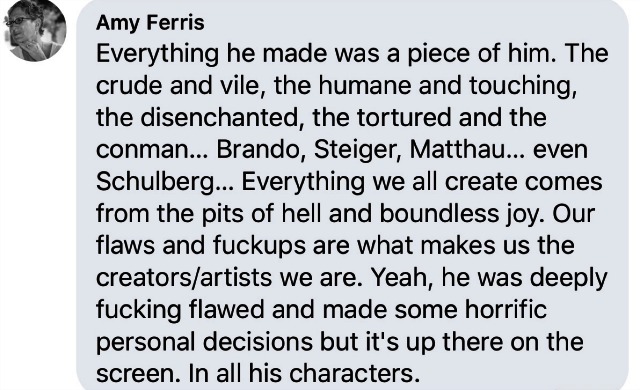
Consider an excerpt from an August 2018 HE post (“Kazan Trip“):
“Martin Scorsese and Kent Jones‘ A Letter To Elia (’10) is a delicate and beautiful little poem. It’s a personal tribute to a director who made four films — On The Waterfront, East of Eden, Wild River and America America — that went right into Scorsese’s young bloodstream and swirled around inside for decades after. Scorcese came to regard Kazan as a father figure, he says in the doc. And after watching you understand why.
“Letter is a deeply touching film because it’s so close to the emotional bone. The sections that take you through the extra-affecting portions of Waterfront and Eden got me and held me like a great sermon. It’s like a church service, this film. It’s pure religion.


